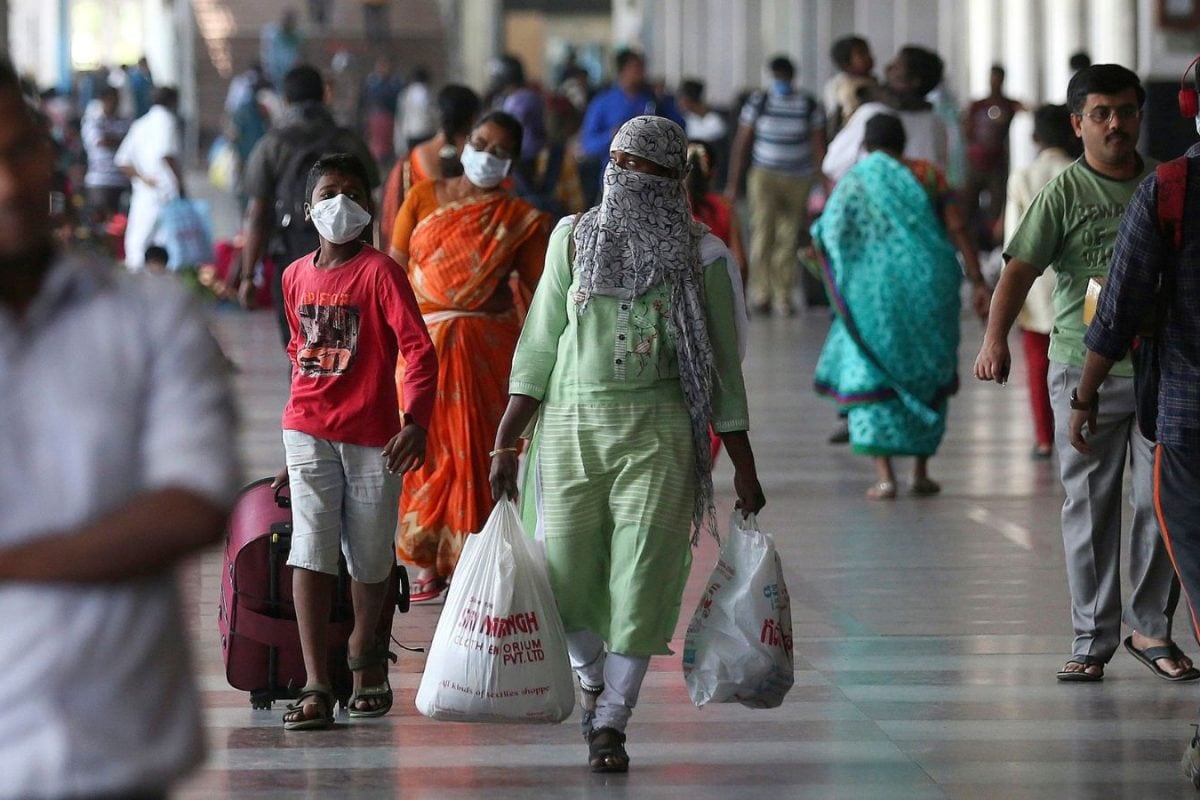

India is currently experiencing a rise in COVID-19 cases, but according to the Director General of the Indian Council of Medical Research (ICMR), Dr. Rajiv Bahl, there is no cause for alarm. He has assured the public that the infections remain mild and non-severe. Health authorities are actively monitoring the situation.
Dr. Bahl addressed the media on Monday, emphasizing that the current wave is being closely watched. He stated, "There is an increase in the number of infections, but the severity among cases is generally low. So far, there is nothing to worry about."
According to the Ministry of Health and Family Welfare, India currently has 1,009 active COVID-19 cases. The highest numbers have been reported from Kerala (430), Maharashtra (209), and Delhi (104). Sadly, seven deaths have been reported, with four from Maharashtra, two from Kerala, and one from Karnataka.
Dr. Bahl clarified that the variants currently circulating are NB.1.8.1 and LF.7, both descendants of the JN.1 variant. While these subvariants can evade immunity from previous infections or vaccinations, they are considered less potent than earlier strains like Omicron. "The seriousness of the situation is linked to how quickly the virus is spreading. Previously, cases doubled within a day, but that trend isn't evident now," Bahl added.
The Indian SARS-CoV-2 Genomics Consortium (INSACOG), which monitors the virus's genetic variations, has confirmed the role of these subvariants in the recent increase. Dr. Bahl reassured that their impact remains manageable.
In response to the rising numbers, Union Health Secretary Punya Salila Srivastava convened a high-level meeting with officials from DGHS and ICMR to review preparedness. Dr. Bahl confirmed that the government will continue its strict surveillance. Delhi Chief Minister Rekha Gupta also stated that the situation remains under control in Delhi.
Dr. Bahl mentioned that genome sequencing of samples from the west and south indicates that the new variants are Omicron sub-variants and are not severe. The prevalent ones are LF.7, XFG, JN.1, and NB.1.8.1. Samples from other regions are being sequenced to identify any further variants.
The ICMR is monitoring the situation through the Integrated Disease Surveillance Programme (IDSP), which tracks cases nationwide. They are focusing on transmissibility, the ability to evade existing immunity, and the severity of the illness, especially in people without comorbidities.
Delhi Health Minister Pankaj Singh said that recent COVID-19 cases in Delhi are showing only symptoms like viral fever, and there is no reason for the public to panic. He assured that government hospitals and medical staff are "200 percent prepared," and a health advisory has been sent to all hospitals as a precautionary step. He noted that patients seen so far have mild symptoms like cough, cold, and fever.
The World Health Organization (WHO) currently lists LF.7 and NB.1.8 subvariants as "Variants Under Monitoring," meaning they are being watched but are not considered serious threats.